The joint family system has ancient roots in India, being traceable to the Vedic times when four generations lived together. The tradition helped in maintaining strong bonds of kinship and keeping alive customs and traditions of the past. This book seeks to examine the joint family system in India: its evolution and relevance and practicality in the present times. It deals with the changing social norms, value systems and human behaviour over time and views the role of religion in promoting human values and fellowship which are an essential ingredient of joint family norms. With case studies, it explores aspects of the Indian family like its cultural and ritualistic traditions, the importance and role of the woman as the backbone of the Vedic society, the position and status of the aged with the decline of the joint family system, and the importance of the joint family as a vehicle for accumulating wealth both material and in terms of serving and benefiting all. The volume will prove a useful contribution for scholars and students in the field of Indian social and cultural studies.
Vedanta Anvikshiki: Science and Philosophy in Contemporary Perspective
Ancient Indian thought ...
$90.00
$100.00

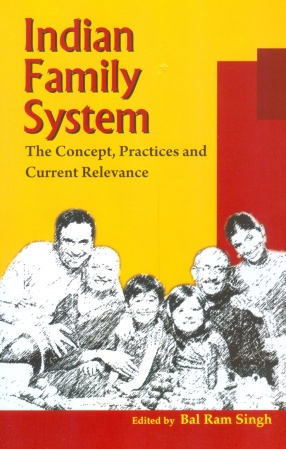
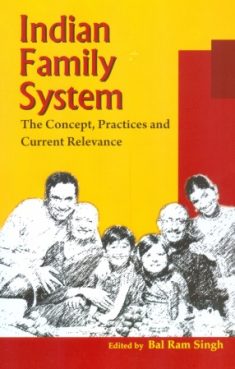
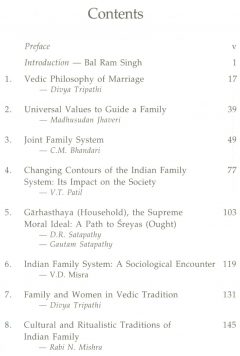
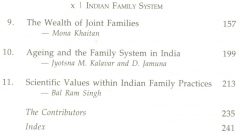

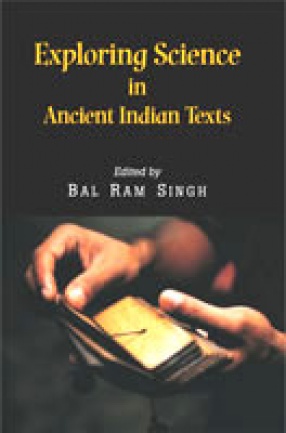
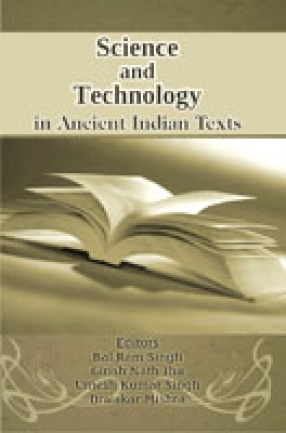

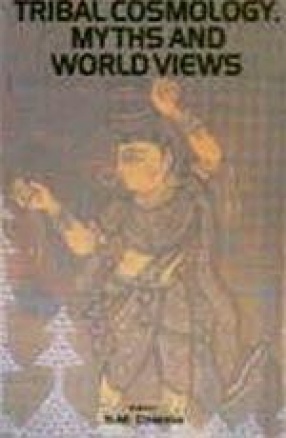

There are no reviews yet.